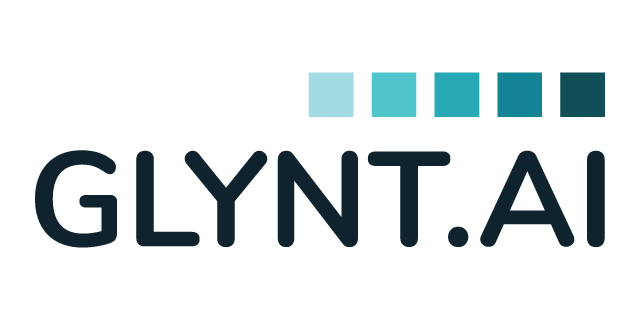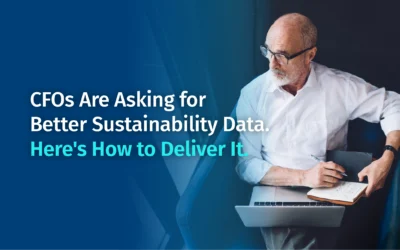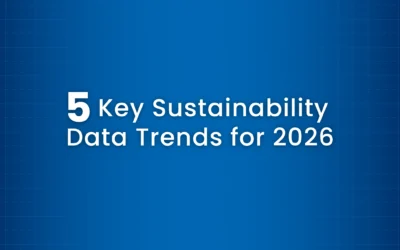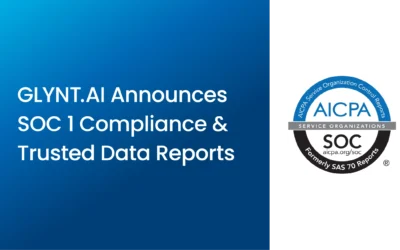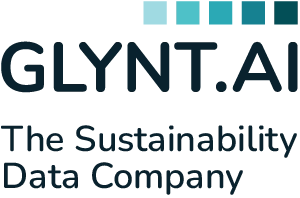But, here at GLYNT we’re actually excited about the road ahead. For one reason: Integrated Financial-Sustainability Reporting. Integrated reporting is what it says, connecting financial decisions with sustainability outcomes, and it is the dominant trajectory of the increasing and expanding standards set by the global financial reporting and auditing standards bodies, as well as stock exchanges around the world.
Our optimism has two sources. First, a lot of facts. Second, powerful emotions.
The Facts Lay the Foundation
“Integrated Reporting Framework drives high quality corporate reporting and connectivity between financial statements and sustainability-related financial disclosures, bringing together the information that investors need to assess a company’s ability to create value over time.”
Investors are concerned about climate risk and how it might impede value growth. Sustainability data is a tool that separates winners and losers. S&PGlobal, for example, is set up to parse and push sustainability data into over 116 million financial instruments. Finance and sustainability are intertwined.
And, CEOs are paying attention. A recent survey of CEOs from EY found that 74% expected a high ROI from their sustainability initiatives within five years. More efficient use of natural resources saves money and reduces emissions. Nothing comes for free, and money must be spent to gain these wins. Emissions reductions plans will come through normal capital budgeting processes, further integrating finance and sustainability.
At the same time, standards bodies and investors have laid the groundwork for audits of sustainability data. Limited assurance is the first bar to clear, in which a company negotiates what is included and the nature of the audit for their sustainability data and reports. Reasonable assurance is essentially a financial audit. Not surprisingly, an audit of sustainability data and reports uses the same tests and tools as financial audits.
In sum we have:
-
- Financial reporting standards that integrate finance and sustainability
- Increasing demand for the accurate, audited sustainability data that powers those reports
- Integration of sustainability plans into normal budgeting processes
- Integration of sustainability data into normal audit and compliance frameworks.
Boards cannot afford to ignore these issues.
Emotions Drive Action
Now let’s turn to the human side of the story. The CFO, for example, now faces disclosure risk from sustainability reporting. It is hard to assemble a data set that is complete and does not contain duplicates, leading to risk of understating or overstating emissions. Or even making both errors at once! So the CFO has every incentive to get sustainability data right.
Increasing the pain of bad reporting, and the personal pain of the CFO are penalties (up to 5% of revenues!) for understating emissions, and the exposure of a poor score on a data quality metric. For example, no CFO will want to be the lowest amongst peers on percent of actual data used (vs use of estimated data).
All of this new sustainability data, reporting and data quality metrics will be widely available. Today the US SEC has a data format – XBRL – that enables anyone to read all reported data immediately after filing. Valuations change as this data is released. The NZDPU platform being built in France for the EU will do the same for all EU regulatory submissions. Both public and private companies will have instant data scrutiny.
With this widespread and detailed scrutiny, every CEO now faces pressure on financial and sustainability matters. And every board needs to monitor the CEO, CFO and compliance of sustainability data and reporting to avoid security breaches.
Finally, let’s return to the CEO’s ambition to turn sustainability investments into ROI. Sustainability data can be prepared in a modern system, such as GLYNT’s, and can deliver an abundance of accurate data on operations. In fact, GLYNT has found that our customers are correcting and updating their current systems of record for enterprise data with GLYNT’s financial-grade sustainability data. Abundant, accurate data is the key to powering enterprise AI. There is keen interest in applying AI within the company, and fast rise of powerful algorithms. But AI is only as good as its data, strengthening the strategic alignment of sustainability data with other items on the Board agenda.
In sum:
-
- CFOs now have disclosure risk for sustainability data and reporting
- CEOs will soon have personal reputation risk due to the widely-published sustainability reports data quality metrics
- Boards will be monitoring for compliance, security, execution and strategy of the sustainability function
- And highly accurate, plentiful sustainability data creates huge value for the next item on the Board’ agenda: AI.
Everyone is acting in their own self-interest, and within their corporate role. Sustainability is now front, center and everyday, changing decisions everywhere.
Why We’re Optimistic
2024 is likely to be the hottest year ever, and yet we’re optimistic that the standards, roles and human emotions will drive enormous change in the next few years. Yes, we are racing against the clock of a permanently hotter, drier, harsher world. But no board can ignore the forces detailed above. Through the artful design of human systems, the data that powers climate change solutions is woven into every company’s strategic agenda.
And, here at GLYNT we are experiencing the acceleration. There’s a famous saying from the late economist, Rudi Dornbusch of MIT that seems appropriate:
“In economics things take longer than you think they will, and but they happen faster than you thought they could.”
Happy Earth Day!!
